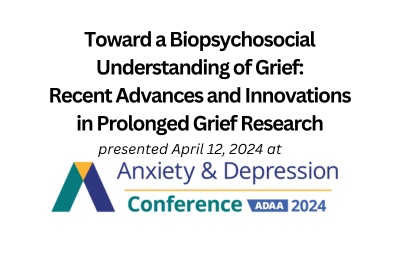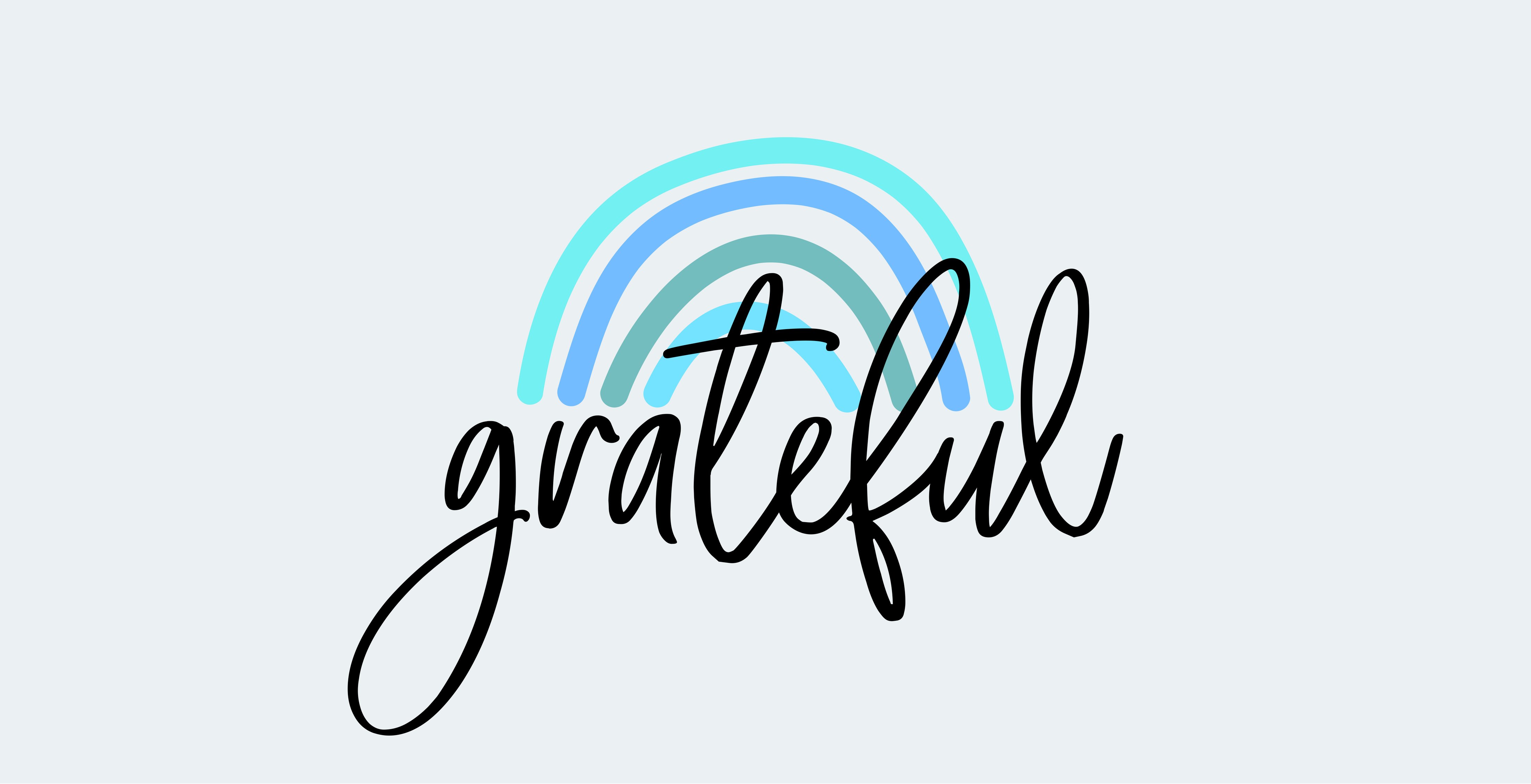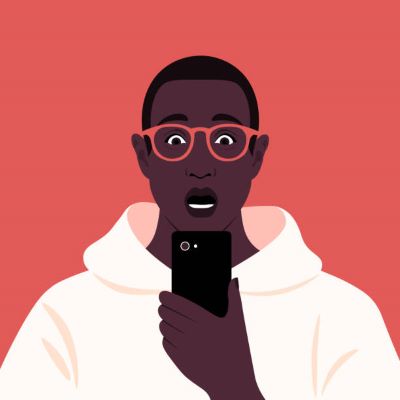
April 12, 2024
Donald J. Robinaugh, PhD
and
Mary-Frances O'Connor, PhD
and
Matteo Malgaroli, PhD
and
Sydney Friedman, MA
and
Naomi Simon, MD
and
ADAA 2024 Conference Recorded Presentation
This symposium presents a series of studies working from a biopsychosocial systems framework and using a range of innovative methods to better understand and predict prolonged grief.








